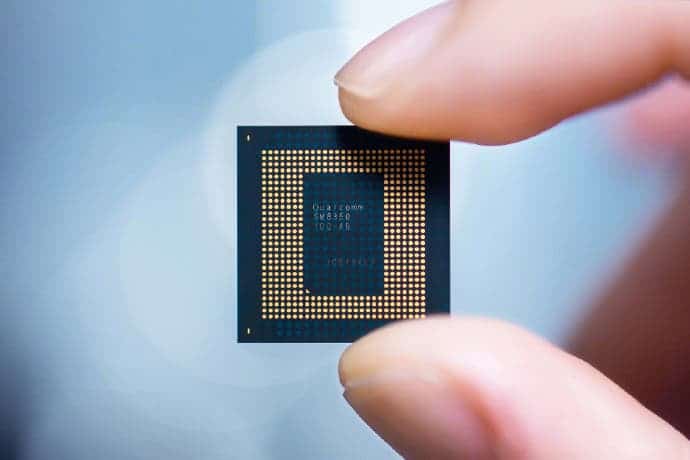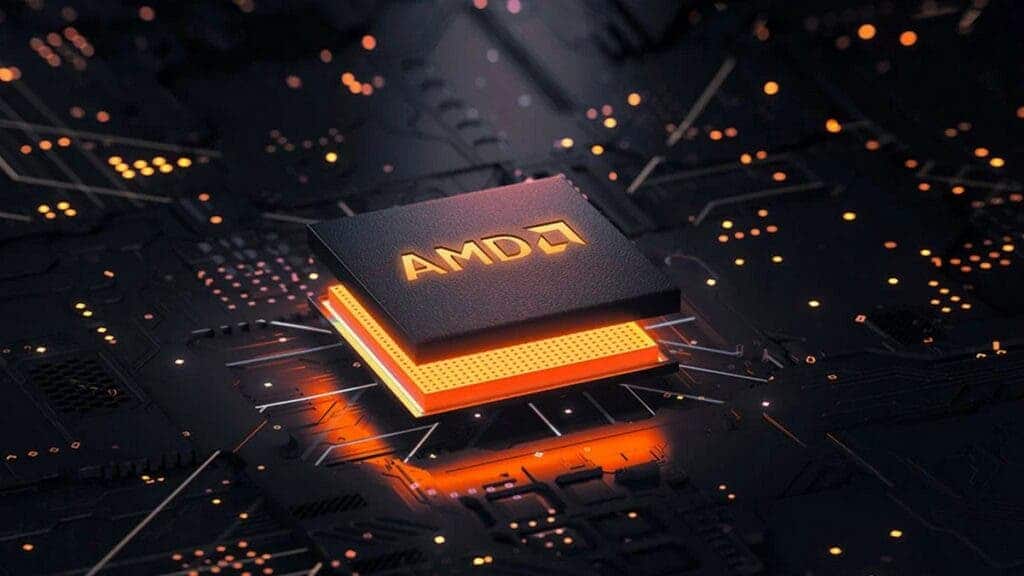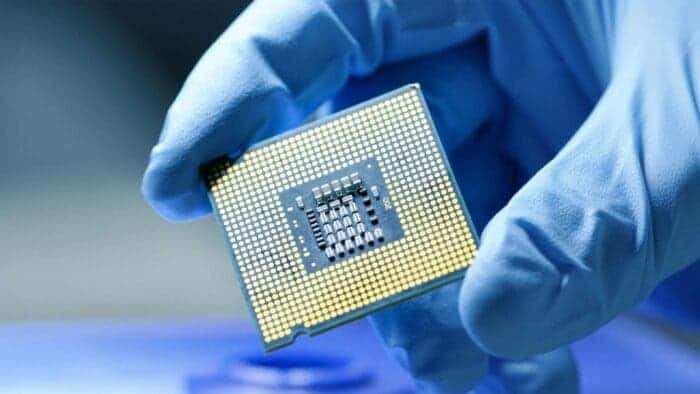According to the “Economic Daily” news, Qualcomm and AMD are seeking to transfer some of the chip foundry orders to Samsung Electronics. These American companies are doing this in order to diversify the supply chain and reduce dependence on TSMC. According to reports, Qualcomm and AMD are dissatisfied with TSMC’s “special treatment for Apple”. These companies may transfer some of their foundry orders to Samsung Electronics next year.

After the release of the Snapdragon 8 Gen1, Qualcomm confirmed that this chip is exclusively produced by Samsung. The Snapdragon 888 flagship SoC also uses Samsung’s manufacturing process. However, there has since been news that the low yield rate of Samsung Electronics’ 4nm process technology has caused dissatisfaction with Qualcomm. There are now speculations that Qualcomm may hand over some of the foundry orders to another manufacturer. When it comes to chip-making, Samsung and TSMC are the leaders. Whether or not Qualcomm will transfer some Snapdragon 8 Gen1 orders to TSMC remains to be seen.

The industry is changing and no top brand wants to be too dependent on another company. Huawei’s smartphone business is in a dilemma today because it was “too dependent” on American technology. The industry now sees the risk of too much dependence on a brand, company, or technology. In fact, Chinese manufacturers now know how risky it is to depend too much on American technology.
In order to reduce dependence on Samsung, Apple has been trying to add BOE to its display supply chain. Other manufacturers like Oppo are now working on their chips to reduce dependence.
Top manufacturers are now making their own chips
Google launched its latest Pixel 6 series with its self-developed Tensor chips. This will reduce the company’s dependence on Qualcomm chips. Google will not be the first to have its own chip. Samsung and Huawei have their Exynos and Kirin chips respectively. Apple has the Mi processor which it uses on its laptop. Other companies like Xiaomi have had a jab at making their own chip. From these, we can safely say that self-developed chips are becoming a trend among top manufacturers.
Tesla held an AI day at the Palo Alto headquarters. At the press conference, it launched its artificial intelligence training computer, DOJO D1 chip. The Dojo training module comes with 25 D1 chips and it uses a 7nm manufacturing process. Its computing power is up to 9PFLOPs per second (9 Petaflops). It is reported that the Dojo AI training computer is the most powerful artificial learning machine in the world. It uses 7nm chips to drive 500,000 training units together. The company expects that the next generation of products will bring more than 10 times the improvement. The point is that Musk is not ready to open-source chips.
These top manufacturers are now working towards self-developed chips and the core purpose is clear. This is because the chips will be more in line with the needs of their enterprises. Regardless of the performance or cost, the professional chips will be more efficient.
Follow Gizchina.com on Google News for news and updates in the technology sector.





